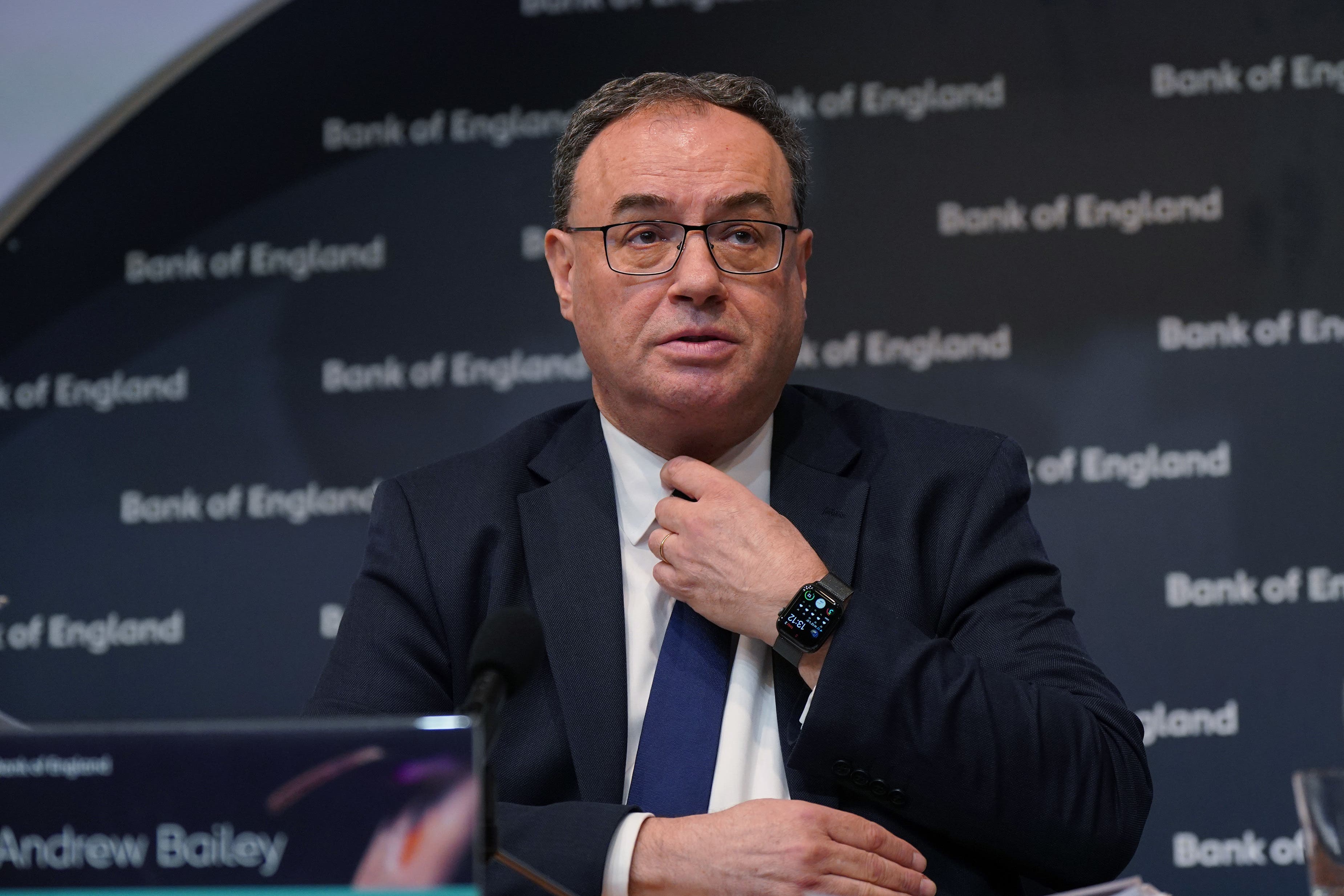Spike in economic inactivity was unexpected after the pandemic – Bailey
The Bank of England governor said experts had tipped a jump in unemployment as furlough ended in September 2021.

The governor of the Bank of England has said the impact when the UK came out of the Covid-19 pandemic was “different” to what many experts had predicted ahead of time.
Andrew Bailey said the end of furlough in September 2021 had been expected to bring a jump in unemployment as businesses hit by the pandemic struggled to keep their staff on payrolls.
Instead, since the pandemic the labour market has been tight as hundreds of thousands of workers ruled themselves out of the labour force.
“The question was about whether firms would be able to survive the prolonged economic impact of the pandemic, let alone continue to invest in the future – or whether millions would be driven into unemployment as the Government furlough scheme, which remunerated those whose jobs were in effect suspended, was set to end at the end of September 2021,” he told an audience at the London School of Economics on Monday.
He added: “What actually happened was quite different from what we had feared. The situation we found ourselves in over the autumn and winter of 2021-22 was not a looser labour market and an increase in unemployment as the furlough scheme ended.
“Rather, it was a tighter labour market and a decline in labour market participation.”
The Government has been trying to encourage people back into the workforce in recent months.
Around half a million more people than before the pandemic are so-called “economically inactive” – not in work or study, and not looking for work.
Mr Bailey said that if people who have exited the workforce have sufficient savings, then their early retirement will not help bring down inflation.
“If those workers have accumulated enough savings to sustain a desired level of consumption much like the one they had before their early retirement, at least for a while, aggregate demand will not have fallen by as much as aggregate supply,” he said.
“We should expect this to put upward pressure on inflation in a way that would call for a higher level of interest rates to dampen demand.”
Bookmark popover
Removed from bookmarks